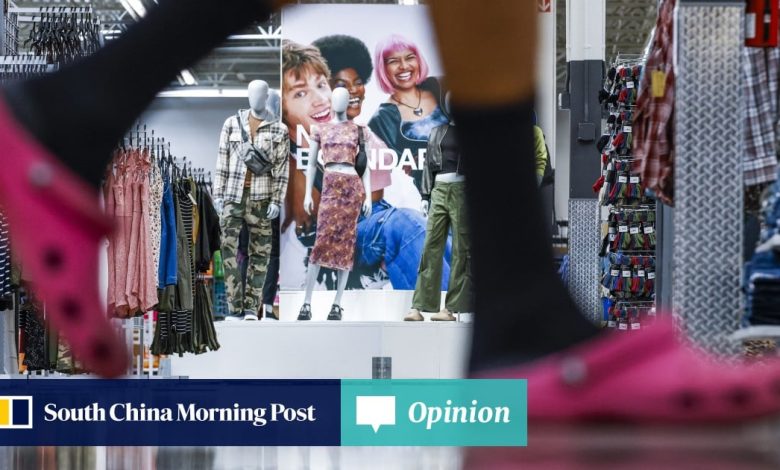Opinion | How youth perspective can help firms future-proof their strategy

Being out of touch with young people can have serious consequences. Consider the downfall of Yahoo, which failed to retain users and made a series of corporate missteps. Above all, Yahoo’s decline can be attributed to its inability to adapt to and evolve with the trends.
Some companies and research institutes are increasingly aware of the need to learn more about young people’s views. However, a truly future-proof strategy requires corporate leaders to attach as much importance to the youth factor as artificial intelligence, climate change or geopolitics as a key aspect of corporate strategy.
For example, in 2015 Gucci created a shadow committee of millennials who regularly held meetings with senior executives. The insights from younger employees across the company provided a wake-up call for leadership.
Similarly, the Financial Times launched its Next Generation Board in 2020, with members drawn from all business areas to figure out the potential challenges facing the media group and potential solutions. Each selected member is paired with a member of the management team to provide reverse mentoring and exchange feedback and ideas.

The Youth Advisory Board comprises young people from diverse backgrounds, providing regular feedback on strategic initiatives and serving as a sounding board for new ideas. With the city government actively engaging young people, there is no reason for corporations not to do likewise on a decision-making level.
They are more diverse than any generation in terms of background, upbringing and talent. Young Chinese have redefined the socioeconomic landscape by challenging entrenched norms and traditions, defying stereotypes of those having grown up in a system of conformity.
In a changing world, businesses must be sensitive to the cultural heterogeneity of Gen Z and millennials. Any attempt to view them through an old lens, whether in the implementation of workplace policy or the introduction of new products to the market, risks their ire.
Wai-Hong Tang is an independent researcher on the international political economy of East and Central Asia
Neville Lai is an independent international affairs strategist focusing on East Asia







